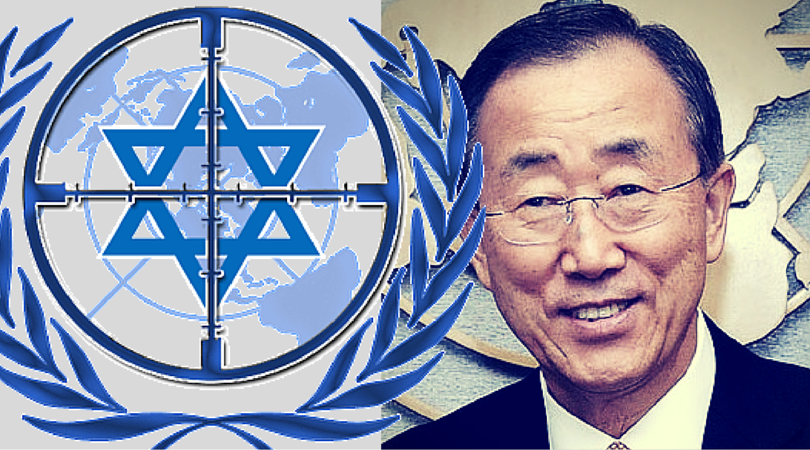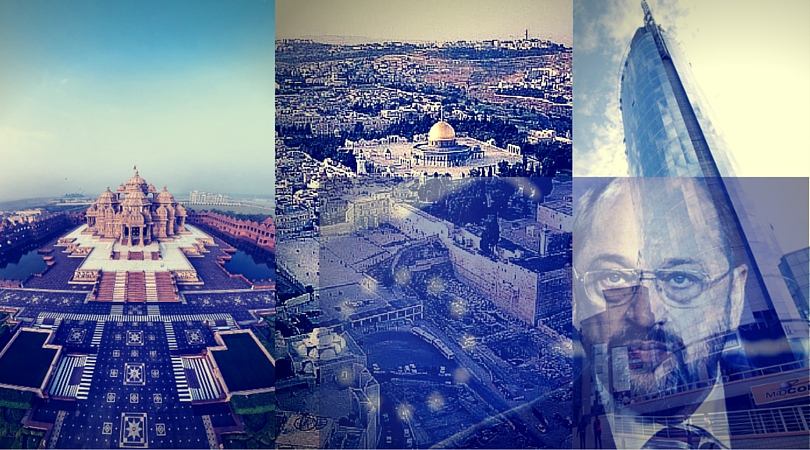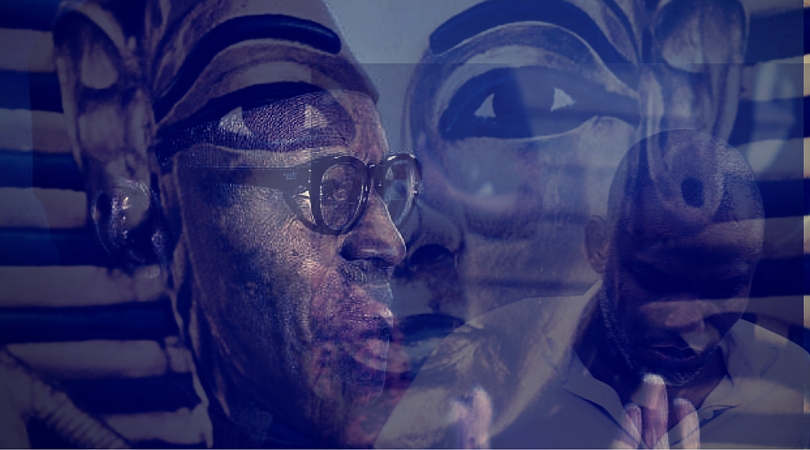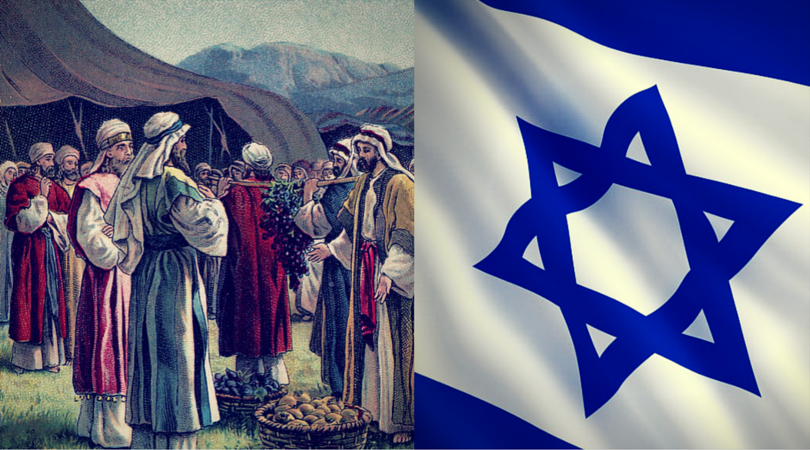(Originally published on Arutz Sheva)
Rather than an indictment of the ruling coalition, Barak’s recent “fire and brimstone” address was a harsh condemnation of the Israeli electorate for its infuriatingly stubborn refusal to disregard past experience.
People who live in glass houses should not throw stones –A proverb on prudence (or the lack thereof) and hypocrisy; origins traced back to Geoffrey Chaucer (1385)
Note to readers: I have taken a break from the multi-part critique (Imbecility Squared) of the so-called plan put forward by the organization that goes by the name of “Commanders for Israel’s Security” (CIS), to analyze and rebuff Ehud Barak’s outrageous attack on the intelligence of the Israeli people, which he delivered at the end of last week. I felt his unfair and unfounded onslaught could not go unanswered. I will continue with my analysis of the CIS proposal—which Barak seems to endorse—in coming weeks – MS
Evidence of how deluded the Israeli political discourse has become was starkly on display last week at the prestigious Herzliya Conference.
However it was towards the end of the event, with the closing address by former Prime Minister Ehud Barak that new pinnacles of Kafkaesque absurdity were reached.
Fire and brimstone rhetoric
Barak launched into a derogatory diatribe, viciously vilifying the current government, which was (inexplicably?) voted into power in the (annoyingly?) free and fair elections, conducted barely a year ago. As such, it was less an indictment of the ruling coalition, and far more a harsh condemnation of the Israeli electorate for its (infuriatingly?) stubborn refusal to disregard past experience and vote for parties, whose political credos, presumably similar to those that Barak professes to hold, have been proven—repeatedly and tragically—misguided.
With a torrent of fire-and brimstone-rhetoric, Barak warned ominously of what lay in store in the incumbent government if it was not replaced, or at least, if it was not coerced by popular pressure, to adopt the policies of its ideological adversaries, defeated not long ago at the polls.
In his tirade, he managed to invoke virtually every pejorative adjective in the Hebrew language to brutally berate the Netanyahu government, which he characterized as “weak, flaccid, raucous, devious, and extremist, that has failed again and again, to ensure security…It has undermined the fabric of Israeli democracy, failed in managing relations with the US and in shaping Israel’s image in the world; it repeatedly misses diplomatic opportunities, suffers from paralysis in effectively managing the conflict, even in the absence of any ‘partner’”
The shortest term in history
Ironically—and for the purposes of this analysis, significantly—Barak’s tenure as prime minister (a mere year and 245 days) was in fact the shortest in Israel’s history, following which he was forced to resign and suffered a stinging defeat in the ensuing election, forced on him because of his dismal performance in almost every sphere, but particularly in security—his purported field of expertise.
Rather than invoke any sense of humility, this dubious “honor” did nothing to deter Barak from preaching, presumptuously, pretentiously and pompously, to the very person, who, in stark contrast to himself, has held the post of PM longer than any of his predecessors—apart from Israel’s first Prime Minister, David Ben Gurion.
Full disclosure: I am not an uncritical advocate for either Netanyahu or his government. Quite the opposite. In the past I have expressed deep concern regarding many of his decisions, and grave misgivings as to his approach to numerous issues. But against the backdrop of Ehud Barak’s harsh words of censure, the spectacle of him presuming to don the mantle of some redeeming and sagacious oracle has a distinctly distasteful and disingenuous ring to it—falling somewhere between the delusional and the detestable.
Should occupants of glass houses be hurling rocks?
We are thus compelled to believe that Barak must be counting on severe memory loss on the part of the Israeli public, which, hopefully, will have erased all recollection in the minds of the populace of what transpired under his administration—when debacle followed hard on the heels of disaster.
Take, for example, his accusation that the government “has failed again and again, to ensure security”. It would, indeed, be difficult to conjure up in one’s mind a more archetypically illustrative example of an imprudent occupant of a fragile glass house hurling rocks at his neighbors.
After all, it was Barak who initiated and orchestrated the IDF’s hasty and undignified unilateral retreat (2000) from the Security Zone in South Lebanon, abandoning the area to Hezbollah, who promptly converted it into a fearsome arsenal—with almost 15,000 high-trajectory weapons aimed at civilian population centers throughout the country, and the well-armed forces of the Islamist terror organization deployed up to the very fences of Israel’s Northern border.
This highly volatile situation, created courtesy of Barak, who capitulated to Left-leaning civil-society pressure groups, such as Four Mothers, led inevitably to the Second Lebanon War in which scores of Israeli were killed and millions huddled in shelters for over a month, as many of the aforementioned 15,000 rockets and missiles rained down on them. Since then the enemy stockpile of armaments has grown almost ten-fold in quantity, and improved greatly in quality, precision, and destructive power—while recently a new peril has emerged: The specter of trans-border attack tunnels that give many residents of the North sleepless nights.
Way to go, Ehud!
Brazen impudence
But this was not the only security related fiasco to stain the brief Barak incumbency. After all, it was on his watch that the 2001 Second Intifada erupted. The ensuing violence lasted over five years, bringing dread and death to Israel’s streets, cafes and buses—and resulted in the murder of about 1000 Israelis and the maiming of nearly 10,000. (Significantly, some pundits attribute the start of the Second Intifada, at least in part, to perceived Israeli flaccidity, which Barak’s hurried evacuation from South Lebanon, barely a year previously, conveyed to the Palestinian-Arabs, emboldening them in their confrontation with Israeli security forces.)
Likewise, after he returned to politics, during the period in which he served as Defense Minister in the governments of Ehud Olmert (2007-2009) and (heaven forfend) Benjamin Netanyahu (2009-2013) the security situation in the South deteriorated so severely that the IDF was forced to act to restore calm to the area in two large military operations, “Cast Lead” and “Pillar of Defense”.
Regrettably, at the end of both campaigns, after weeks of combat, Hamas emerged defiantly undefeated, with its stature—despite the heavy damage inflicted on it—enhanced, and its military capabilities—after a relatively short time period—significantly upgraded.
Accordingly, in light of his disturbingly poor performance in the security field, it is difficult to avoid concluding that Barak’s caustic castigation of this government’s alleged ongoing failure to “ensure security” is nothing but brazen impudence, both shameless and baseless, as unfounded as it is unfair.
Dismal political performance
But of course Barak’s failures were not limited to security. Debacles of similar magnitude characterized his performance in domestic politics as well.
Thus, in 2001 not only did he lose by a huge margin to Ariel Sharon in the then prevailing personal one-on-one election of prime minister, after which he chose to withdraw from politics, but his return, several years later, did not herald any stunning success.
In late 2004, Barak announced his return to Israeli politics, and began to run for leadership of the Labor Party, but, in light of his weak poll showings, dropped out of the race. However, in 2007 did regain leadership of the Labor Party—after a narrow victory in the intra-party primaries, which must be surely ascribed to the acute amnesia of its members who seemed to have totally forgotten the devastation he wrought on their faction a few years previously. Two years later in the 2009 polls, Barak led Labor to its worse electoral defeat ever, which left it as the fourth largest party in the Knesset, with only 13 seats to its credit.
Moreover, less than three years later Barak further eviscerated the party he was elected to lead, and formed a breakaway faction, called “Independence”, with four other Labor MKs. However, as the 2012 elections approached, and polls predicted that Barak’s new party would have little chance of winning enough votes to reach the minimum threshold level required for eligibility to the Knesset, Barak deserted his colleagues, abandoned his endeavor to be elected and returned to private business.
Not norms expected of a minister
Apparently Barak does not have too much to boast about when it comes to personal ethics either.
After his return to political life, and with his appointment as Defense Minister in Ehud Olmert’s government, the then State Comptroller, Micha Lindenstrauss, was called upon to check whether there were any conflicts of interest between the duties of Barak’s newly assumed public position and his private business activities—which according to Barak, he transferred as a “gift” to his three daughters just prior to assuming the role of Defense Minister.
However, in a report published in 2011, the Comptroller asserted that the “transfer process was flawed and Barak’s actions were not consistent with the norms expected of a minister” (NRG website, May 17, 2011). In similar vein, the business daily, The Marker, wrote: “The report that the State Comptroller Micha Lindenstrauss published today [May 7, 2011] on the Minister of Defense…is an extremely serious public rebuke to Minister Barak.”
The headlines in Globes, another business daily, proclaimed “Comptroller blasts Barak for violating public norms”, going on to quote the then Chairman of the Knesset State Control Committee, as declaring: “This is one of the most severe reports ever published against a minister in Israel…Ehud Barak’s attempt to defraud the public and to create the appearance of a mere technicality has collapsed in view of the ugly findings revealed by the State Comptroller.”
Strangely (or not?) there was no tenacious follow up by the mainstream media. Image the frenzy had it been Netanyahu…
Like manna from heaven for Israel’s foes
In his unrestrained and unjustified harangue, Barak did not baulk even at inflicting severe harm on his country’s image and the government’s international credibility. Indeed, several of his more fanciful allegations were undoubtedly gleefully embraced like manna from heaven by some of Israel’s worst detractors, who work tirelessly to demean, delegitimize and demonize the country in international forums. After all, what more could they hope for when a former prime minister of Israel himself warns of signs of “budding fascism” appearing in the Israeli regime?
Of course, the very fact that such a severe indictment of the ruling government could be freely articulated without fear of retribution, and the wide prominence it was given in Israel’s unfettered main-stream media, make an utter mockery of the suggestion that any danger of fascism is at hand. After all, such openness and tolerance of so blatant an effort to blacken and belittle the incumbent powers is hardly the defining hallmark of a country descending into impending fascism, now is it?
Of course, it is not difficult to imagine the massive media storm that would have erupted had it been Netanyahu, rather than Barak, who hurled such grave incriminations at his adversaries; it is not difficult to envision the horrified howls, protesting a policy of “hatred and division” that would have filled the airwaves, the social networks of cyberspace and emblazoned headlines across the front pages of mainstream dailies…
The man who proved he couldn’t
I could go on of course and repudiate almost every line of invective in this inappropriate and infuriating speech by one of the worst political leaders in the nation’s history, but there is after all, just so many mean-spirited falsehoods one can rebut in a single opinion column. All that remains now it to hope that the Israeli public is savvy and sane enough not to be led astray by the ridiculous rants of a man who has demonstrated time and time again that, well, …he couldn’t.




